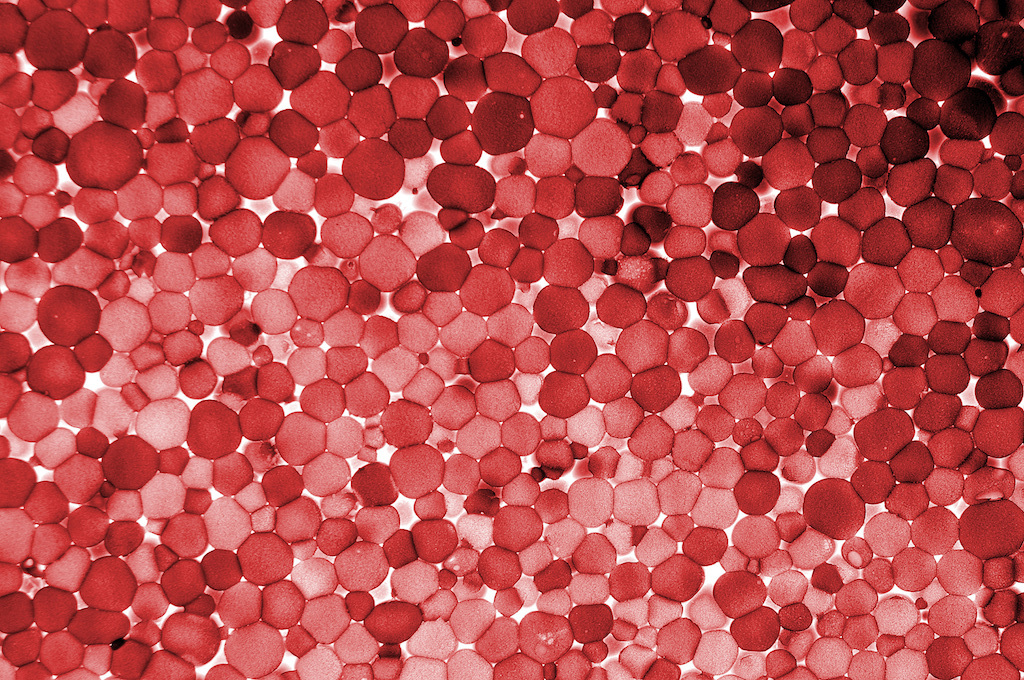There’s no doubt you’re hearing talk of nutrition wherever you go. “Current data is showing the link between nutrient deficiency and various diseases, including cancer, anemia, hormone imbalances, mood disorders and others,” says Robert Zembroski, DC, DACNB, MS, a board-certified chiropractic neurologist, specialist in functional medicine, clinical nutritionist, author of Rebuild, and director of the Darien Center for Functional Medicine in Darien, CT.
But testing for a full range of nutritional deficiencies might not be included in the traditional blood workup done at your annual physical. “Typically, conventionally-trained physicians might check iron levels, vitamin D levels, and maybe vitamin B12, but it is not common practice to run large nutrient panels,” explains Tania Dempsey, MD, founder of Armonk Integrative Medicine in Purchase, NY.
That doesn’t mean more comprehensive options don’t exist. In fact, these tests, often done under the direction of a physician trained in integrative or functional medicine, can offer a more detailed look at what’s happening. “Practitioners who have an integrative background will likely order more extensive testing, including using specialty labs to look at a patient’s nutritional status in different ways,” says Dr. Dempsey. “In some of these tests, we can get a sense of how the patient is actually metabolizing their vitamins and minerals, which you cannot tell from just looking at how much is in the blood stream.”

It’s not necessarily that your GP doesn’t want to provide you with a closer look at your nutrient status—but reasons like lack of training and fast appointments mean it might not happen. “There is often just not enough time to even talk about nutrition during a patient visit, much less evaluate if supplements are working or if there are nutrients needed,” says Susan Blum, MD, MPH, founder and director of Blum Center for Health in Rye Brook, NY.
And Dr. Dempsey explains that medical school training generally is limited in the area of nutrition, and most graduating physicians will be ill-equipped to counsel patients on the connection between nutrition and their health. “Without the knowledge base established early, most physicians are not prepared to go down a path with a patient that they don’t feel comfortable with,” she explains.
Inside Information
The information you receive from a nutritional blood test can be important: “Proper nutrition and nutrient sufficiency in the body is critical for optimal function. Disease is not a black and white thing. It is a spectrum,” explains Dr. Blum. “First, the body stops functioning properly—and you can think of this as the grey zone. You might not have a disease, but you aren’t well. This can often be a result of nutritional deficiencies and this must be checked as part of a comprehensive evaluation of a symptom you are having.”
Dr. Zembroski often says patients visit him after they’ve had blood work and a poor physical—but still don’t have an explanation as to why they’re not well. “Once we review the diagnostics performed in a general physical exam, most of the time ‘nothing’ is found to tell the story of someone’s poor health,” he says. That’s when he’ll usually suggest a deeper dive.
Generally, says Dr. Blum, blood tests can fall into two categories: those that determine deficiencies and those that check whether you’re getting enough of a given vitamin from your diet or supplements. In the first category, you can test whether you’re deficient in fat-soluble vitamins, like D, nutrients like iron and minerals like magnesium and zinc. And in the latter category you can test levels of water-soluble vitamins like B12 and minerals like iodine and selenium. Other examples: fatty acids, like omega-3 and omega-6 and more. Plus, a comprehensive nutritional evaluation can test for everything from oxidative stress markers to toxic elements, like mercury or tin.
So how do you go about getting a more comprehensive nutritional blood test? “It never hurts to ask one’s primary care physician, but he or she may not have any training in this area to know much about ordering or interpreting nutritional blood tests,” says Dr. Dempsey. “This is more in line with the training that integrative/functional medicine doctors receive, so it may be easier to get the correct testing.”
Informing your care
Fatty acid levels are one way these tests can inform your care. Dr. Dempsey says patients typically fall into two categories—those who ha e a diet of processed foods and sugar and those who have a low-fat diet in an attempt to stave off high cholesterol. “Both groups have a lot of abnormalities when their fatty acids are measured,” she says. “They are often deficient in the good fats that are necessary for brain and cell health and they often have high levels of trans fat and oxidized fat, which are dangerous and can cause heart disease.” These abnormalities can also be linked to neurological disorders, she says. “By using this test and working with patients to alter their diet in a personalized manner specific to their results, we often see dramatic changes in the patients’ overall health.”
For those looking for a comprehensive view of their health, blood tests can be an important first step.





